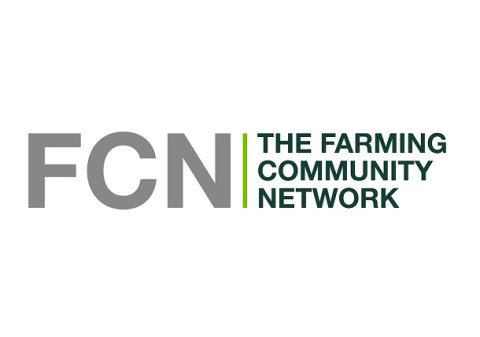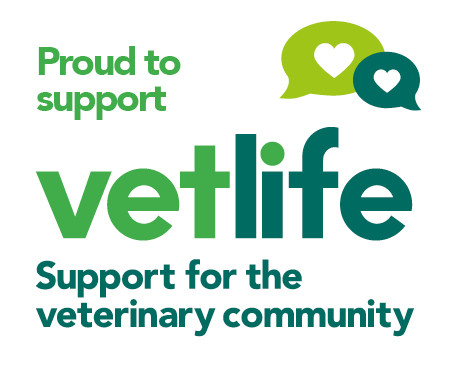New insights from an industry wide BTV-3 impact survey, along with recent clinical research by the Animal and Plant Health Agency (APHA), reveal substantial challenges for UK livestock farmers.
The survey, conducted by Ruminant Health & Welfare in collaboration with Flock Health Limited, AHDB, and the University of Nottingham, is designed to understand the UK picture more accurately, explains Fiona Lovatt of Flock Health Limited.
“With bluetongue restrictions impacting movements, and increasingly, clinical signs being observed, it isn’t surprising that UK farmers have a lot of questions about vaccines.”
The early findings from the UK farmer BTV-3 impact survey data reveal that out of the early respondents, over half remain undecided about vaccination. However, a substantial portion plan to vaccinate before the next summer season. Sheep farmers, in particular, are so far showing higher intent to vaccinate compared with cattle farmers, possibly reflecting the more severe impact on unvaccinated sheep flocks seen in Europe.
Farmers have questions about efficacy, when to vaccinate, duration of immunity, risks, impact on trade, availability, and price.
Fiona adds: “Whereas actual infection with BTV-3 definitely has detrimental effects on fertility, there is no data or reports yet to suggest that well-timed vaccination has any negative impact on either sheep or cattle fertility.”
These insights are helpful, as AHDB prepares a campaign aimed at raising awareness, and encouraging vets and farmers to discuss and consider timely vaccination to reduce the spread and overall impact of BTV-3 next spring.
In terms of wider impact, the survey highlighted that farmers have concerns about what next year will bring, after the cases experienced in the UK this year. The farmer feedback also clearly documented that the impact of BTV-3 extends well beyond animal health, affecting farm operations and cash flow.
In terms of business operations, farmers within the restriction zone have reported difficulties in selling livestock. "I have store cattle that should have been sold by now, but with no market access, I'm struggling with forage and feed for winter," shared one farmer.
Another farmer comment echoed by many others was: “We have experienced considerable financial loss.”
One farmer who has experienced mortality on-farm as a result of BTV-3 understandably reported the experience to be: “horrible; physically, financially, mentally and emotionally.”
Data is still being compiled but based on survey returns from farms that had clinical signs you can see in figure 1 that sheep were more severely affected in terms of mortality and morbidity.
With the short and mid-term outlook for the disease uncertain, and dependent on factors such as weather conditions and midge activity and how the disease will over-winter; Fiona shared what the expectation of vaccine effect could be from overseas learnings.
“We know that in Germany, the research shows a marked difference in outcomes between vaccinated and unvaccinated herds and flocks. Findings indicate that unvaccinated sheep flocks have experienced mortality rates as high as 30%, whereas vaccinated flocks show significantly lower mortality, with some reporting only 1-2% losses.
“We want to learn from this data and build a UK base of evidence that we can trust going forwards.”
APHA’s research, led by Dr Vanessa Swinson, has documented clinical signs amongst confirmed infected animals on UK farms (between August and early October), that include lameness, swollen faces, drooling, nose and mouth ulcers, nasal discharge breathing difficulties and mortality. The research reinforces the importance of early detection and treatment, and of understanding the long-term impact of this disease in a herd or flock.
APHA are running a study which will complement the survey discussed above and, will involve an APHA vet talking through the details of the impact of BTV-3 on premises where it was confirmed. This will include discussion on whether other endemic diseases may have influenced the outcome of the BTV-3 infection in those animals.
“UK farmers are at the forefront of dealing with the immediate and long-term effects of BTV-3,” said Fiona. “The impact survey and APHA’s research is starting to provide essential insights that will help us develop practical support, but we need to hear from more affected farmers.
The industry anticipates further BTV-3 cases in 2025, and vaccination is expected to play a key role in reducing the impact of the disease. Farmers are encouraged to confidentially share their experiences through the survey, which remains open and is crucial for informing industry-wide responses.
For more information and to participate in the survey, visit bit.ly/BTV3survey - farmers can also stay up to date with the latest news and regulations on the Ruminant Health & Welfare bluetongue hub, or farmers can call the dedicated AHDB bluetongue hotline on 024 7771 0386 to get advice or ask questions.
In the UK, bluetongue, including BTV-3, is a notifiable disease, so anyone suspecting the disease must take action and report it to the Animal and Plant Health Agency (APHA) on 03000 200 301






